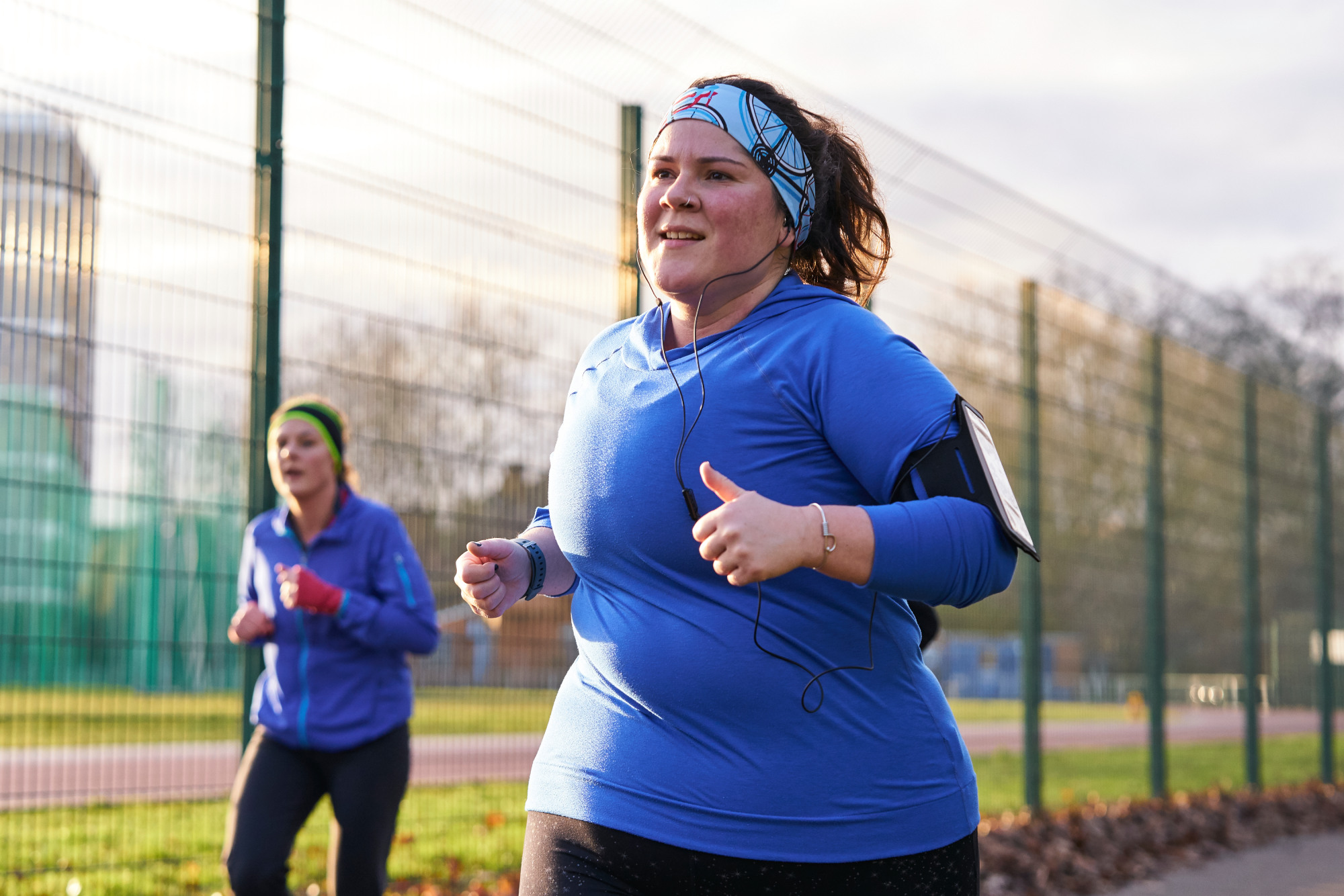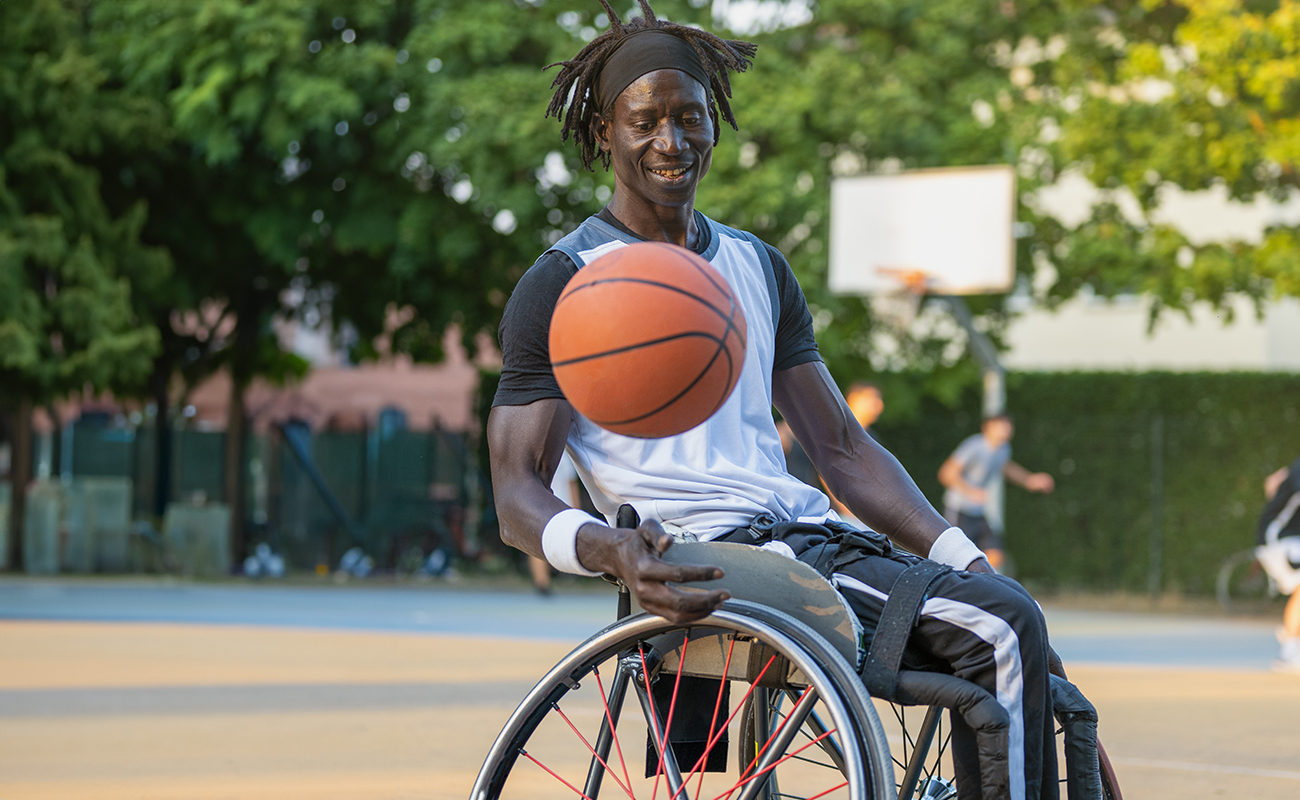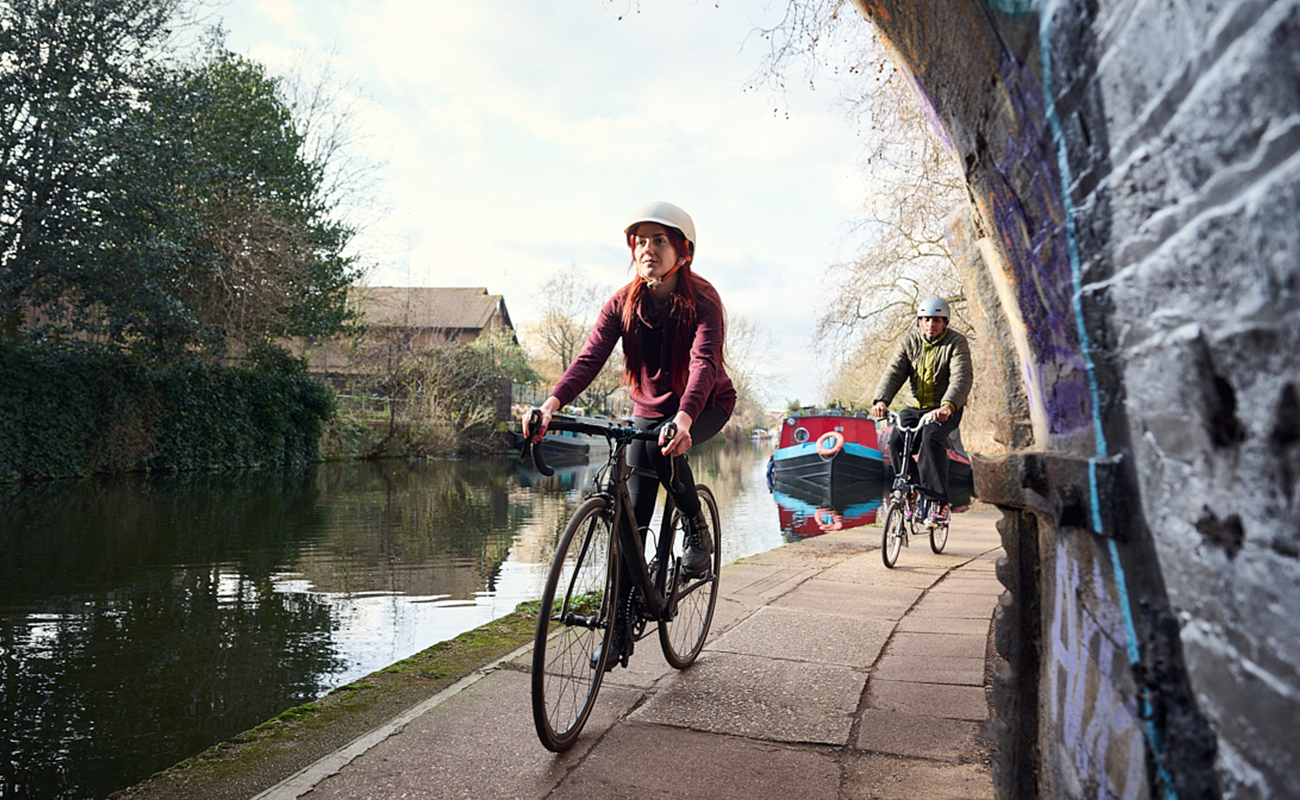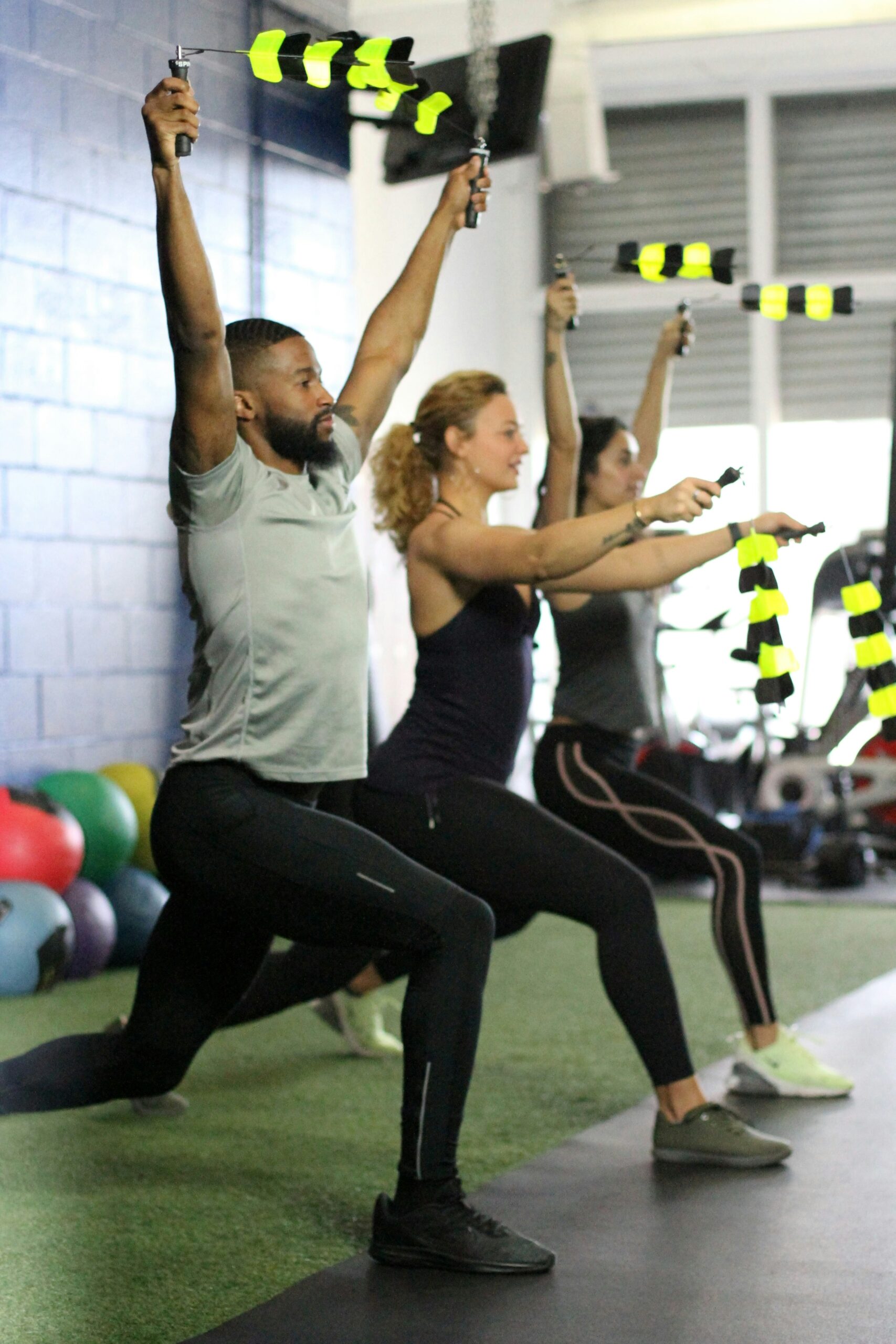Physical literacy can be described as the motivation, confidence, physical competence, knowledge and understanding to value and take responsibility for engagement in physical activities for life (IPLA, 2017).
Physical activity for LIFE

Physical Literacy
Our Mission
The IPLA will facilitate and support the adoption and promotion of physical literacy in communities worldwide. It will make individuals more aware of the concept and the importance of promoting physical literacy for everyone. The IPLA will foster the provision of a wider range of inclusive, purposeful, engaging, relevant and rewarding physical activity experiences for everyone. It will also encourage relevant organisations, policy makers and government officials to support and promote physical literacy within their communities worldwide.
Our Aims
The International Physical Literacy Association (IPLA) is constituted as a registered charitable incorporated organisation (CIO) with the Charity Commission UK that aims to:.
01 Co-ordinate a networked community that encourages dialogue between practitioners, researchers, and policy makers to facilitate and support the adoption, evolution and promotion of physical literacy in communities worldwide.
02 Encourage and support physical literacy research and development.
03 Provide advocacy, policy and consultancy support to assist in incorporating physical literacy into communities worldwide.
04 Develop and provide education and training that supports the adoption, evolution and promotion of physical literacy worldwide.

We’re creating a global community of advocates to promote the adoption of physical literacy across all continents.
Our History
The concept of physical literacy was first proposed in 1993 in a paper presented by Margaret Whitehead at the International Association of Physical Education and Sport for Girls and Women Congress in Melbourne, Australia. The concept was founded on a doctoral study by Margaret, which considered the perceptions of our embodied nature by philosophers in the Schools of Existentialism and Phenomenology, principally Jean-Paul Sartre and Maurice Merleau Ponty. Significant among their views is the centrality of human embodiment in life as we know it. Sartre took pains to highlight the importance of the embodiment-as-lived as distinguished from the embodiment as an object, while Merleau Ponty developed the idea of the ways in which our embodiment informs all perception of the world around us. Both philosophers worked from a monist position refuting dualism. Reflection on these ideas and other key elements of these philosophies, by Margaret, created a picture of the unquestioned significance of our embodied dimension, an importance overlooked on account of the stranglehold of dualism in much of the developed world.
There was little doubt that our embodied potential was a significant capability alongside other capabilities described by Nussbaum (2000) and Sennett (2009) This capability was described as physical literacy. The authoritative support given to this aspect of our being by respected academics generated the confidence to argue that the fostering of this capability had a strong claim to be part of education, and to be of significance throughout life. As part of education physical literacy does not principally play a role in cognitive development, rather it provides the opportunity to foster a key aspect of our personhood. In other words, physical literacy can be justified as having educational validity in a broad and balanced curriculum.
From this study the concept of physical literacy developed and a definition and attributes were formulated by Margaret and colleagues. From 1993 to the present day papers have been presented at numerous conferences around the world, the books Physical Literacy: Throughout the Life Course (Whitehead, 2010) and Physical Literacy Across the World, were written and many of conferences and workshops have been focused on physical literacy. The first conference was in 2008 at the University of Bedfordshire and this was followed up with workshops in Loughborough, Plymouth , Canterbury and Derbyshire. A significant element of each workshop was an extended time to take part in discussion. The concept developed as a result of these discussions. For example, the notion that physical literacy is a disposition came from Canterbury, physical literacy as a journey arose from Plymouth, systems of charting progress were introduced in Derbyshire and implications for practice were highlighted in Loughborough.

‘Physical literacy can be justified as having educational validity in a broad and balanced curriculum.
The second conference in 2011 was an international event at the University of Bedfordshire Conference Centre and focused on physical literacy in the early and primary years. The third conference, again international, was held in 2013 at Wyboston Lakes Conference Centre in Bedfordshire and looked particularly at physical literacy in the secondary phase of education. At the close of the 2013 conference the notion of forming an international association was discussed and from those discussions the International Physical Literacy Association (IPLA) was established.
Established in 2014, the IPLA has been proactive in influencing the growth and acceptance of the concept of physical literacy in many countries worldwide. Physical literacy underpins education curricula, health initiatives, sport coaching, environmental planning and many other sectors of life. The IPLA endeavours to support understanding and application of the concept worldwide.
Credit for the development and establishment of the concept includes support and study by Elizabeth Murdoch, Liz Taplin, Len Almond, Patricia Maude, Margaret Talbot, Melanie McKee and Dominic Hadyn Davies – to name but a few.
Our Founder
Professor Margaret Whitehead, on her invitation to the Conexão Sesc (Brazil 2018) relfects on her journey through academia to establishing physical literacy. Margaret explains its relationship with philosophy, cognitive psychology, neuropsychology, and its roots in monist philosophy and how embodiement plays such an important role in our physical experiences.
References
Nussbaum, M.C. (2000) Women and Human Development The Capabilities Approach. Cambridge: CUP.
Sennett, R. (2009) The Craftsman. Penguin Books, UK.
Whitehead, M. (2010) Physical Literacy: Throughout The Lifecourse. Routledge, UK.
Join the IPLA
A personal invitation from IPLA Chairman Nigel Green to join our global community of advocates and practitioners




